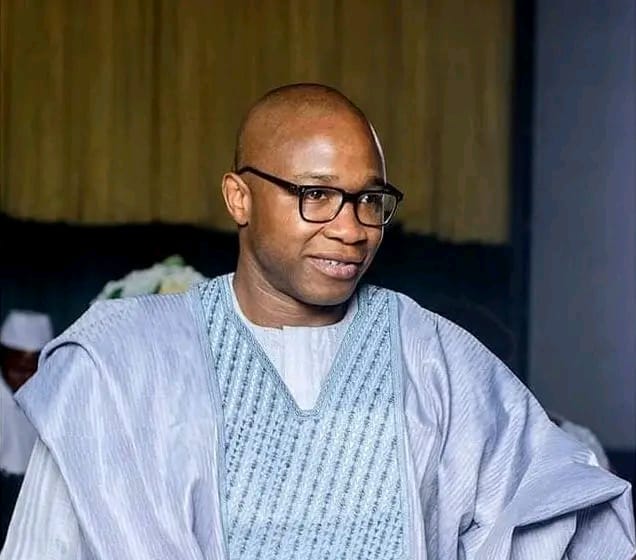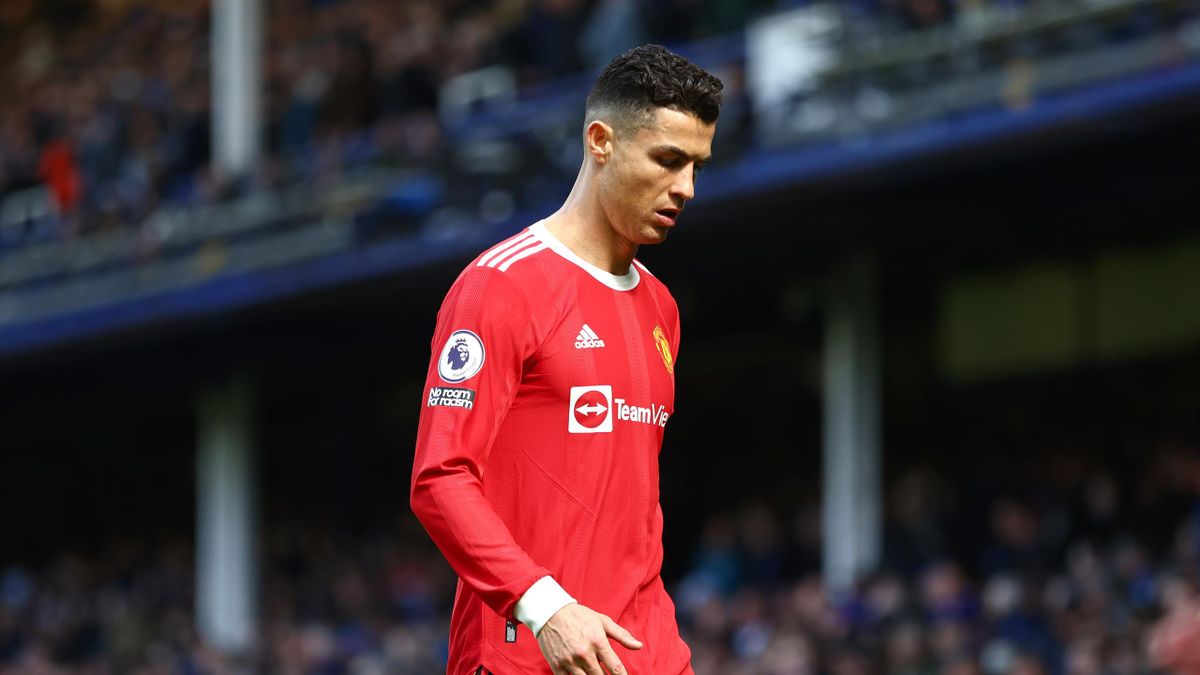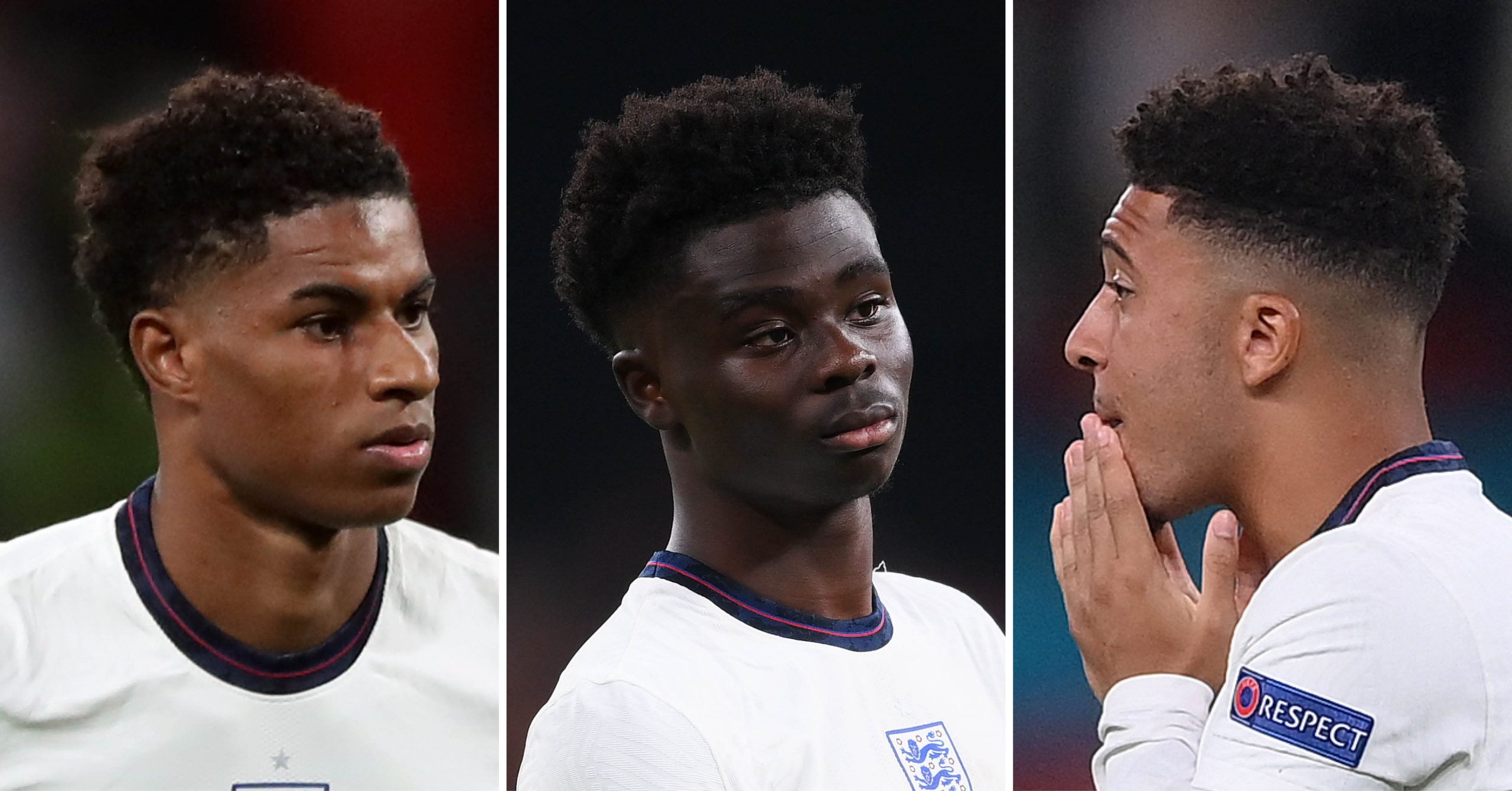Jordan Henderson completes medical tests, set to join Al Ettifaq
By Muhammadu Sabiu Jordan Henderson, the Liverpool midfield maestro, has successfully passed his medical examinations as the newest player for Al Ettifaq Football Club. The eagerly anticipated news has now…









